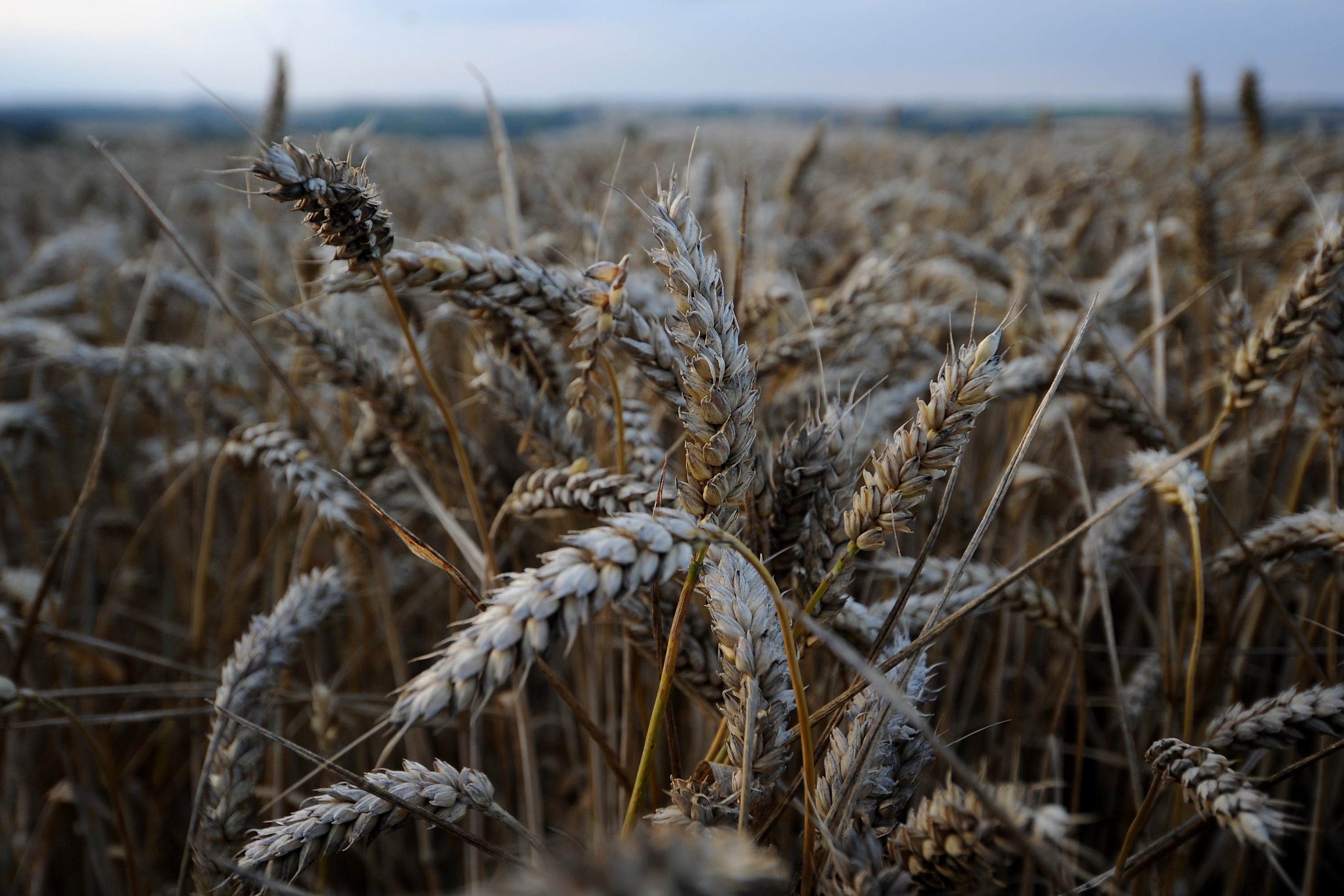Pandemic workplace transformation ‘as significant as invention of agriculture’
Millions of people across the UK have changed their work patterns as a consequence of Covid-19.

Your support helps us to tell the story
From reproductive rights to climate change to Big Tech, The Independent is on the ground when the story is developing. Whether it's investigating the financials of Elon Musk's pro-Trump PAC or producing our latest documentary, 'The A Word', which shines a light on the American women fighting for reproductive rights, we know how important it is to parse out the facts from the messaging.
At such a critical moment in US history, we need reporters on the ground. Your donation allows us to keep sending journalists to speak to both sides of the story.
The Independent is trusted by Americans across the entire political spectrum. And unlike many other quality news outlets, we choose not to lock Americans out of our reporting and analysis with paywalls. We believe quality journalism should be available to everyone, paid for by those who can afford it.
Your support makes all the difference.The change in people’s work patterns during the pandemic has accelerated a transformation that is as revolutionary as the development of agriculture several millennia ago, an expert has said.
James Suzman, an anthropologist who wrote a book on the history of work, said the spread of digital technology had transformed the workplace in a way comparable to the industrial revolution.
It had also been accelerated by the Covid-19 pandemic, which had seen people work from home more and move further away from their offices.
“We’re at a big point in history and this is a big point in the digital revolution,” he said.
“Before this there was one great revolution in the history of work, and that was the invention of agriculture, which effectively changed everything. But that was a very slow-moving revolution,” he said.
“This transformation will be as hugely significant, although on a much more rapid time scale than agriculture.”
Data from broadband provider TalkTalk released on Wednesday, showed that market towns across the UK had seen a surge in internet use over the pandemic.
Kingston, Guildford and Enfield had all seen a rise of 50% or more in data usage between January 2020 and April 2021.
“I don’t think it shows us anything particularly new, I think what it does is it confirms what a lot of us were thinking, and confirms what a lot of more anecdotal data was suggesting,” Mr Suzman, who worked on the TalkTalk data, said.
We’ve had this technology bubbling around in the background that’s given us this capability to make the change, and yet we haven’t grasped the nettle, I think largely because of habit
The anthropologist said the link between work and offices had been broken during the pandemic, which had opened up opportunities to change the way people work.
But he also warned that while humans were adaptable, they could be fearful of change, even when it was the right thing to do. There would also be vested economic interests to get people back to work.
Yet, he said, “it seems that we have reached the point now where we will grasp this opportunity to change”.
He added: “I think partially it’s to do with popular pressure, because people have worked out that they actually can perform their jobs in many cases as well from home.”
Workers started to shift to offices in the 1950s, as a new phase of the industrial revolution pivoted away from manufacturing, and reached a strong point in the 1970s.
But over the past 20 years, pressure from both men and women who wanted to have a work life and manage their family had changed some of the ways we work.
“We’ve had this technology bubbling around in the background that’s given us this capability to make the change, and yet we haven’t grasped the nettle, I think largely because of habit,” he said.